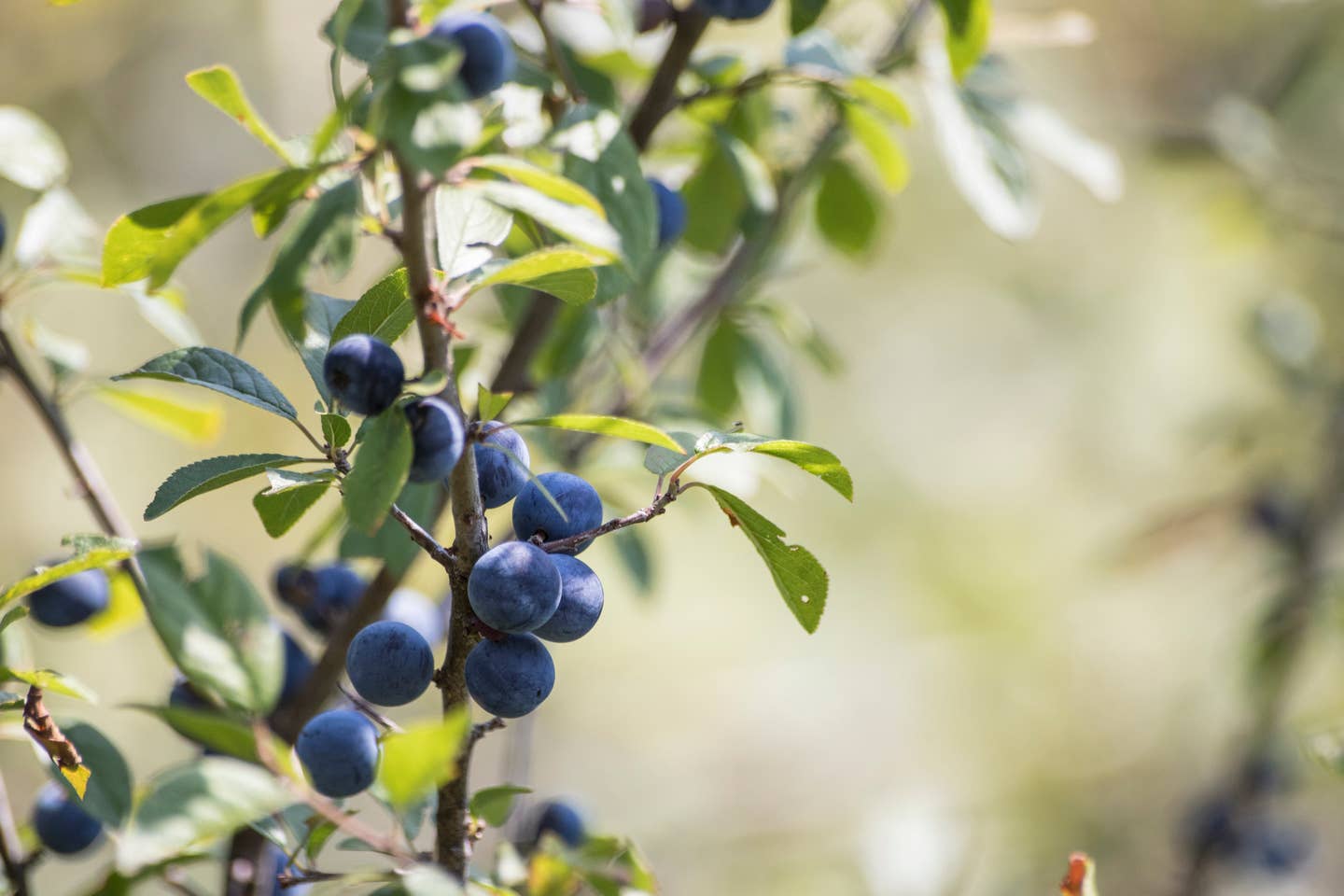
Neanderthals Ate More Plants Than Meat. The Carbs Helped Grow Their Brains
The next time you're sitting next to a caveman at dinner who says: "Human beings were made to eat meat," you can tell him, "Actually, Neanderthals ate 70 percent of their diet from plants, and that's what helped their brains grow larger, doubling in size from 2 million to 700 000 years ago." Implication: If anyone wants to stay pea-brained, eat more meat.
The fact that Neanderthals ate more carbs, from plants, and that was led to their brains enlarging and their ultimate ability to expand their world–and presumably mate, intermingle with Sapiens and survive– is the finding of a new study that examined the fossilized bacteria found in the remains of ancient beings that walked the planet 400,000 to 40,000 years ago.
Prehistoric Humans Carb Loaded, according to the study of tooth bacteria
Turns out these early hominids didn't just eat Mammoth meat but foraged for berries and fruit, ate leaves, stalks, cacti, and other carbs that supplied the brainfood and glucose that helped to grow their brains to roughly the size of Homo Sapiens. Another finding out of Germany revealed that Homo sapiens were mating with Neanderthals more than 220,000 years ago, which is much earlier than had been previously thought. The new view of Neanderthals is that they were plant-eating beings who ate small amounts of meat, found or hunted, not unlike current-day humans
These discoveries also found that Neanderthals' DNA is 99.7 percent identical to modern human DNA, so when your "23 and Me" DNA results come back and reveals you are part Neanderthal, think of it as a compliment, since these early men and women were survivors and innovators, at least where their diet was concerned. And remind yourself that: Eating a mostly plant-based diet is as old as time.
New Study Finds Neanderthals Ate Carbs and It Helped Grow Their Brains
In what the author of the Science article Ann Gibbons called a "blow to the popular image of Neanderthals as brutish meat-eaters," the new study of bacteria collected from Neanderthal teeth found that these beings ate "so many roots, nuts, or other starchy foods that they dramatically altered the type of bacteria in their mouths." They needed these natural plant-based carbs and energy to fuel a big expansion of their brains, she explains. Meat is low in carbs.
The Fact that Neanderthals Were Plant Eaters is Groundbreaking, Scientists Say
Harvard University evolutionary biologist Rachel Carmody called the study "groundbreaking," since it re-envisions what we think of as cavemen and women gnawing at bones, Flintstone-style, but actually as early as 600,000 years ago a plant-based diet was favored for its ability to provide starchy brain food, "long before the invention of agriculture 10,000 years ago," she is quoted as saying.
According to the report: The brains of our ancestors doubled in size between 2 million and 700,000 years ago, but until now that was believed to be due to "better stone tools and cooperative hunting." The new findings, that the brain's growth and evolution was due to the veritable jungle salad bar, is a mind-blower, according to anthropologists. The plant-based diet gave them "more energy to fuel the growth of their hungrier brains."
The bacteria in the mouths of these "pre-agricultural" humans and Neanderthals are so similar, according to the report in the Proceedings of the National Academy of Sciences that the microbes of both contain an enzyme used to break down sugar from starchy foods, and meat does not contain starch, so the findings are definitive that Neanderthals ate plant foods.
Not the first time Neanderthal diets have been found to divert from stereotypes
As early as 2018 studies of the plaque of Neanderthal teeth were exhibiting signs that these early ancestors were largely eating plants, and a researcher at George Washington University was looking into the diet of ancient pre-historic beings who, she believed, would eat rotting meat, which may have implied they didn't kill their dinner so much as stumbled across it, according to an article in EOS, Science News from AGU.
As an anthropology doctoral student at George Washington University, Kimberly Foecke, tried putrefying meat to see if she could recreate exactly what Neanderthals ate, and ended up finding that the likelihood is that they ate what looks like beef jerky, which would account for high levels of nitrogen found in their bones, which had indicated they ate copious amounts of meat. She tried to dry out and putrify meat and ended up concluding that the amounts of meat these human ancestors ate could have been found, and treated not just hunted.
“All the experiments are doing great,” Foecke told an interviewer then. She was allowing the meat to putrify in a greenhouse on a rooftop in Foggy Bottom," and her work led her to be " skeptical that Neanderthals truly ate so much meat," she told a reporter at the time. "Neanderthals were quite similar to humans, Foecke said then, and it would be “impossible for a human to survive on a diet like that.” The latest research into the plaque on Neanderthal teeth has long suggested that they consumed more plants than anyone previously thought.
Conclusion: When you think of cavemen or early humans and our ancestors the Neanderthals, find yourself conjuring gentle beings who picked at roots, leaves, berries, and more plant-based foods, which eventually led them to plant seeds and raise crops. The diverse carb-driven energy from these starchy foods led to even more brainpower and eventually civilization as we know it. What they ate might be called "flexitarian."
More From The Beet






